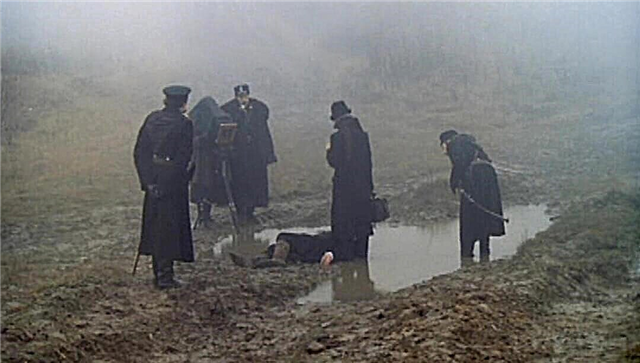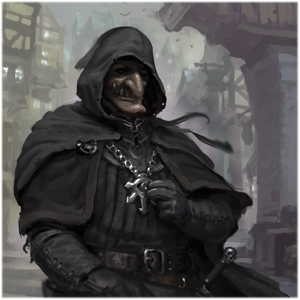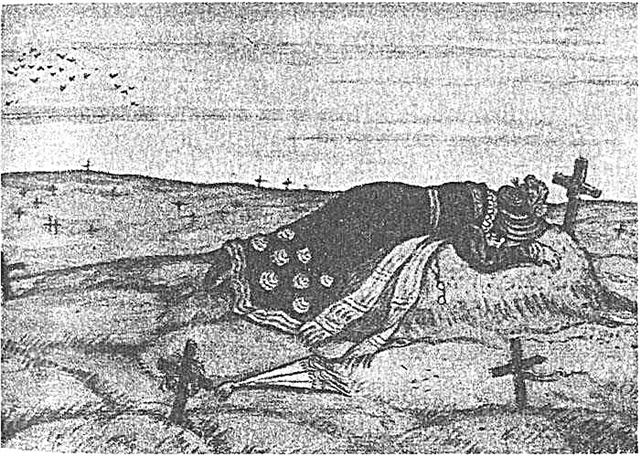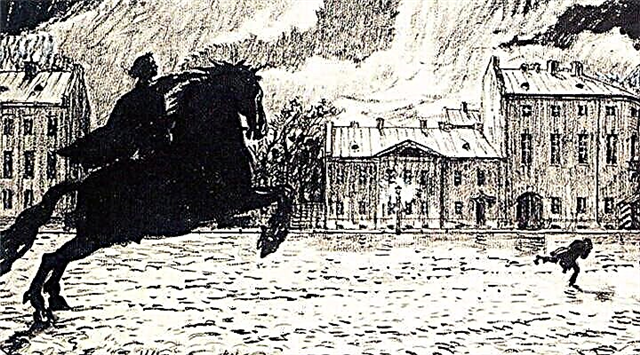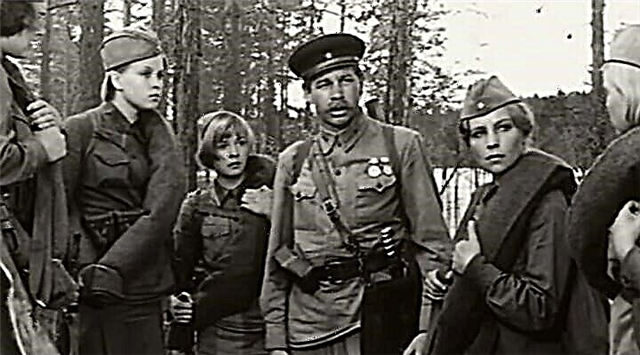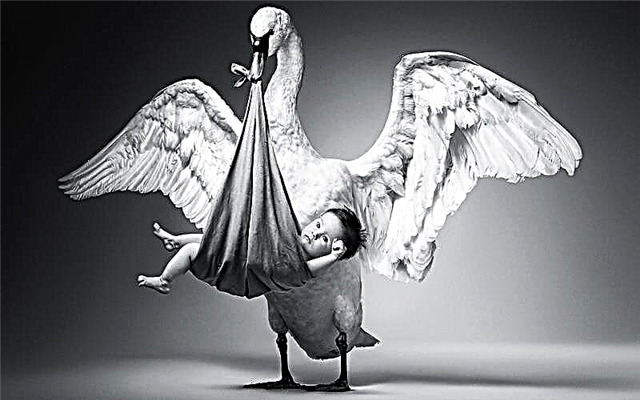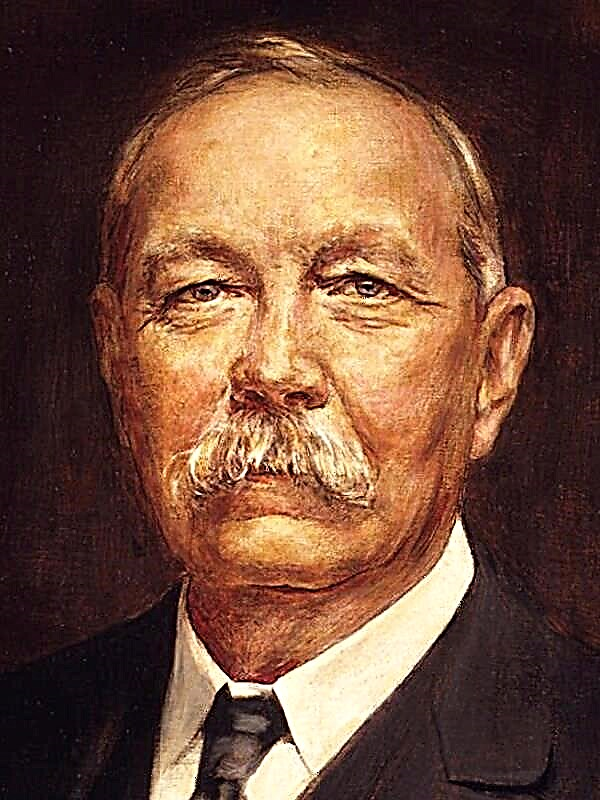(362 words) At first glance, Maxim Gorky’s play “At the Bottom” is a social work that talks about the conditions and customs prevailing in the Russian Empire at the turn of the nineteenth and twentieth centuries. But upon closer examination, we can see how the writer raises a philosophical argument with himself, trying to understand the most complex creation of this world - man.
From the very first pages of the novel, perhaps the worst representatives of the human race appear before us: the vile old man Kostylev, the dishonorable thief Pepel, a drunken actor who does not even have a name, the swindled scammer Satin and other no less vivid characters meet the reader at the very bottom of society. Their whole lives pass in drunkenness, petty squabbles and hatred for each other. Hardly anyone could sympathize with the inhabitants of the dirty shelter if the kind-hearted wanderer Luke did not appear on the threshold of this wretched home. Through this character, Gorky expressed the ideas of humanism and Christian kindness. God-fearing old man believes that the world is deeply unhappy, and everyone needs pity and comfort. Luke, like God's messenger, illuminates the gloomy haven of the wretched and offended, and more recently, disgusting creatures take on a human form. The nameless actor realizes the insignificance of his existence and decides to stop drinking to start a new life, Ashes decides to commit theft and go to Siberia with his beloved. Hope for the best gives them peace and a chance for spiritual rebirth. But Gorky, paying tribute to the kind-hearted old man, denies Luke's pity. The wanderer disappears without a trace, and the life of the heroes of the play becomes even worse than it was before. Ashes go to jail, killing Kostylev, his beloved Natasha disappears without a trace, and the actor commits suicide, having lost faith in recovery. According to the author, a person is a weak being, pity and kindness reveal the best features in him, but turn his life into a lie, promising him unreal miracles in a harsh and cruel world. Inevitably losing his illusions, he crashes and dies. The rogue and demagogue Sateen proclaims the truth of Gorky, who claimed that a person is capable of really great things, and pity only humiliates and leads him astray. Only one who is able, without embellishment and illusions, to see the world as it is, is worthy of the honor of being called a man.
Gorky proclaimed the beginning of a new era with his play. The era of a man who is able, by the power of reason, to comprehend the world around him, to understand its laws, to accept them, but not break, but boldly go forward towards a brighter future.


